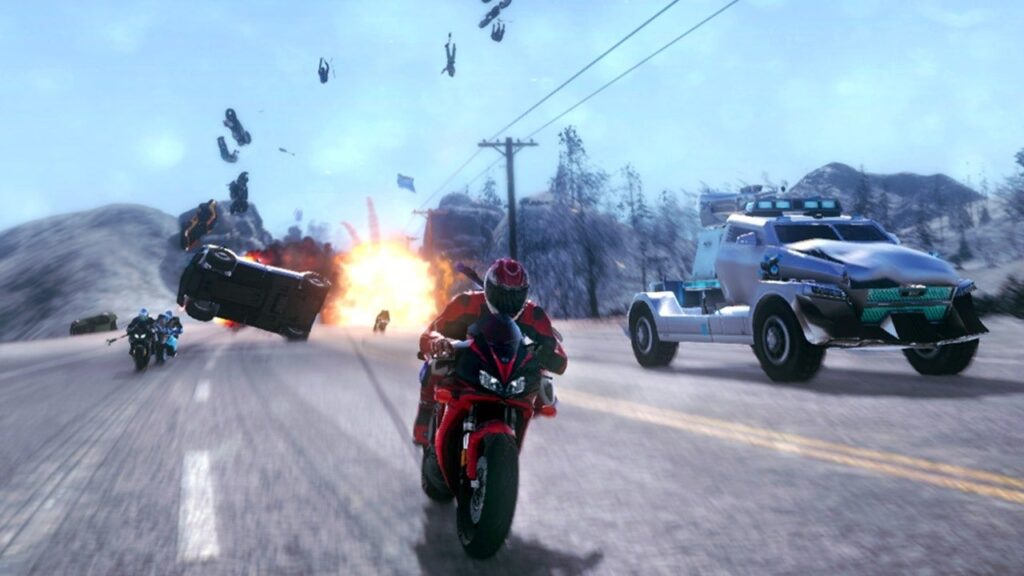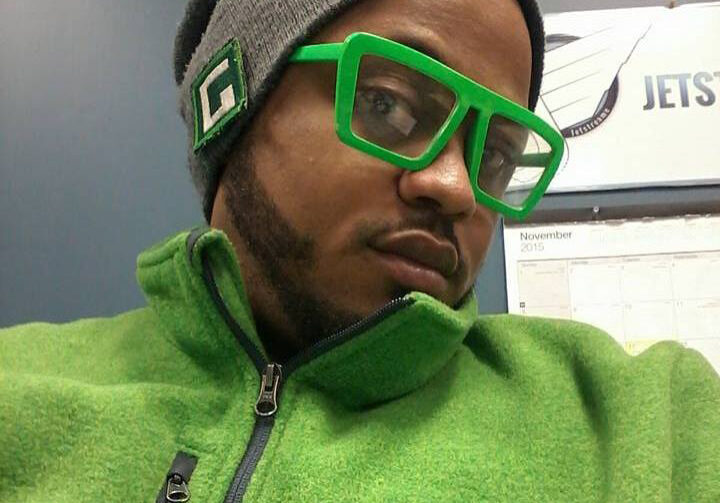That idea became reality in 2012 when the developers turned to Kickstarter to finance a project inspired by the 1990s game “Road Rash,” in which players raced motorcycles while fighting off other racers with an assortment of weapons. The fundraising campaign for the new game, called “Road Redemption,” tapped into nostalgia for the classic title, eventually raising more than $180,000 from over 4,400 backers. Suddenly Pixel Dash was on the map. “That started us on the path of doing more PC and console games and more hardcore games,” Tate says.
The company delivered on its Kickstarter promise in 2014, releasing an early version of “Road Redemption” on the video-game marketplace Steam and drawing critical acclaim. The game has since sold 100,000 copies, with a full version slated for the near future along with new versions for different gaming systems. Pixel Dash is now an anchor tenant at the Tech Park, employing 10 people and preparing for additional growth as it prepares to launch new projects.
Staying in Louisiana
When a game studio where Smith and Tate had worked together folded, the developers surveyed the local ecosystem and decided they had two choices: move out of state or start their own company in Baton Rouge.
“We went that route to stay here in Louisiana and start our own business and continue our dream of game development,” Tate says.
The company specialized in developing games, mobile applications, 3-D animations and other interactive media. Early work included training simulations and website applications, as well as apps and games for Facebook and mobile phones.
Tate says the company was initially drawn to the Tech Park because of a partnership the facility had forged with Sony to work on game development for the PlayStation platform. Pixel Dash joined under the Tech Park U initiative, which provides specialized training, resources and support to guide and assist entrepreneurs in evaluating and developing their ideas and, ultimately, in developing a business plan.
Over the next few years, Pixel Dash took on commissioned game projects for other companies and dedicated the proceeds into passion projects like “Road Redemption.” The company also won accolades for mobile games like “Swap Drop Poker,” a poker-themed match game for iOS and Android. But it has gradually moved away from mobile gaming in favor of projects for PCs and consoles.
“At the time that was kind of the hot thing, especially for small companies,” Tate says of mobile development. “But now it’s very difficult, especially for small companies, to compete in that market. We’ve kind of gone away from mobile.”
Passing It On
These days Pixel Dash is working on the full version of “Road Redemption” and plans to port it to the latest models of the Xbox and PlayStation game systems. The company has also become an anchor tenant at the Tech Park, mentoring newer game-development companies.
“We have a really cool and innovative ecosystem here where most of the game developers in Baton Rouge are housed,” Tate says.
For budding game developers, Tate suggests reaching out to some of the area companies, who are often looking for developer interns. But his main advice is for new developers to just start making games on their own.
“It’s become really easy to get the world-class tools to make games, and there are so many resources on the internet to teach you how to make games,” he says. “That’s really the best way to learn: Just get out there and do it on your own.”




